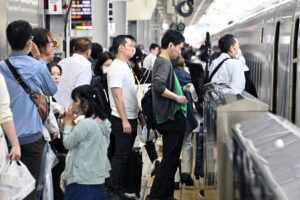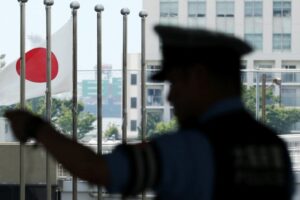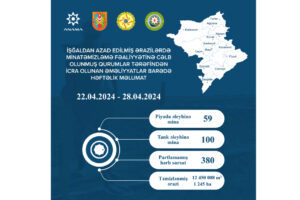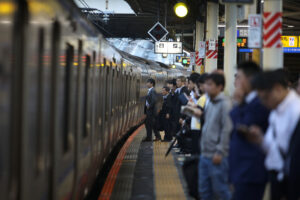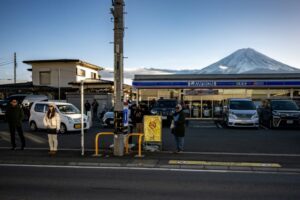Tokyo, 03 June, /AJMEDIA/
Japan may be one of the world’s largest automobile producers, but that doesn’t mean it’s easy to get around the country by car. There’s a huge hurdle to hopping into your car and getting out on the highway for a weekend drive or family trip, which is that Japan’s expressways are extremely expensive. Want to take the expressway from Tokyo to Osaka? That’ll be about 12,000 yen in tolls, and, unless you’re planning on abandoning your car in Osaka, another 12,000 yen when you drive back to Tokyo.
There is a light at the end of the tunnel, though. In 2005, Japan’s expressways were quasi-privatized, becoming managed by stock companies with the Japanese government holding a controlling number of shares. As part of this restructuring, the government promised that, by the designated year, it would do away with expressway tolls, making them free to use.
Unfortunately, the government is now backtracking on that pledge. At a session of the House of Councilors on May 31, the attending members enacted the Revised Act on Special Measures for Road Development, which legally allows them to continue collecting tolls past when they’d said they’d be ended. The good news is that they’ve given the public plenty of advance warning about the extension. The bad news? The new deadline to end toll collection is the year 2115.
Yep, 2115. When the toll moratorium was first announced, expressways were supposed to become free to use by no later than 2055. In 2014, though, this was revised to 2065, and in the latest walk-back, the government decided to tack on another 50 years of toll-collecting privileges.
Even with a 42-year heads-up, an extra half-century of paying tolls is an idea that’s got the general public upset, as Twitter reactions in Japan are showing. Some people are able to calm themselves with the dry, grim realization that the government’s decision likely closes the door on them ever being able to drive on the expressway for free in their lifetime, so there’s not much point in worrying about it anymore, but others are still shocked to see the futuristic year 2115 show up in official legislation, and are saddened that they’ll still be paying to use the expressway when we were supposed to have much cooler things going on by then.
“I’m dead.”
“Free expressways in 2115? Yeah, I’m not gonna be in this world anymore by then.”
“If a kid is born today, he’ll be 92 years old when the expressways finally become free.”
“How come they’re still going to be charging expressway tolls then? Aren’t we supposed to have our flying cars by then?”
“2015? Are they serious? Geez, that’s even after Doraemon is supposed to be born.”
“Cyberpunk 2077. Free expressways 2115.”
As for why the government is extending the toll-abolishment deadline, according to recent reviews of expressway conditions, including its tunnels and bridges, and projects to widen certain sections from two lanes to four, are going to cost 1.5 trillion yen more than previously expected. That brings the total estimate for all projected maintenance and development work for the expressway network (including areas that are in good condition now but will need work done in the future) by 2115 up to 8.3 trillion yen, with the apparent prediction that not enough of that will be paid for by 2065 to stop collecting tolls.
There is a sliver of silver lining to the situation, in that the deadline extension is not yet a firm decision to continue collecting tolls all the way up to 2115. In technical terms, it only grants the government the power to extend the deadline past 2065, in increments, all the way up to 2115. That said, if the financials of going toll-free are already looking dicey 40-plus years ahead of time, it seems unlikely that the government is going to find a feasible way to end expressway tolls with just a few extra years past 2065.



